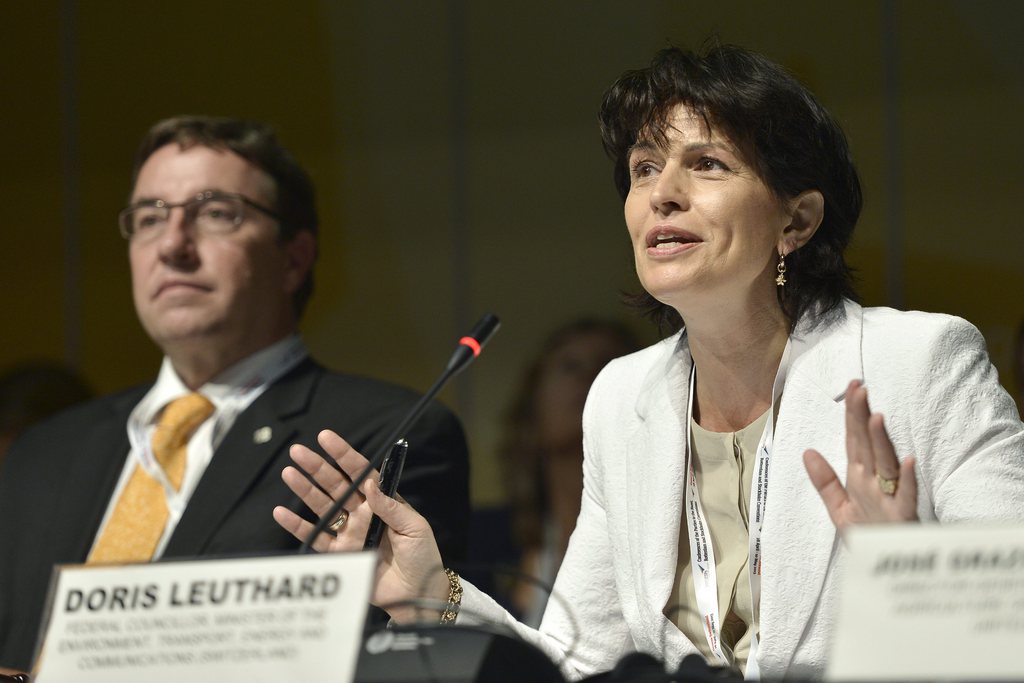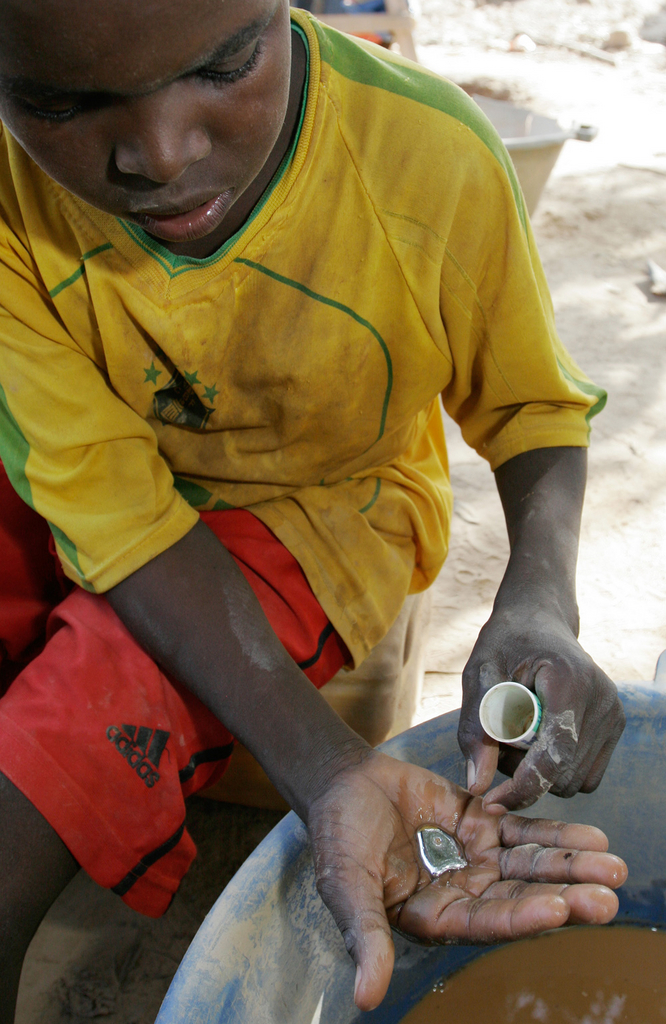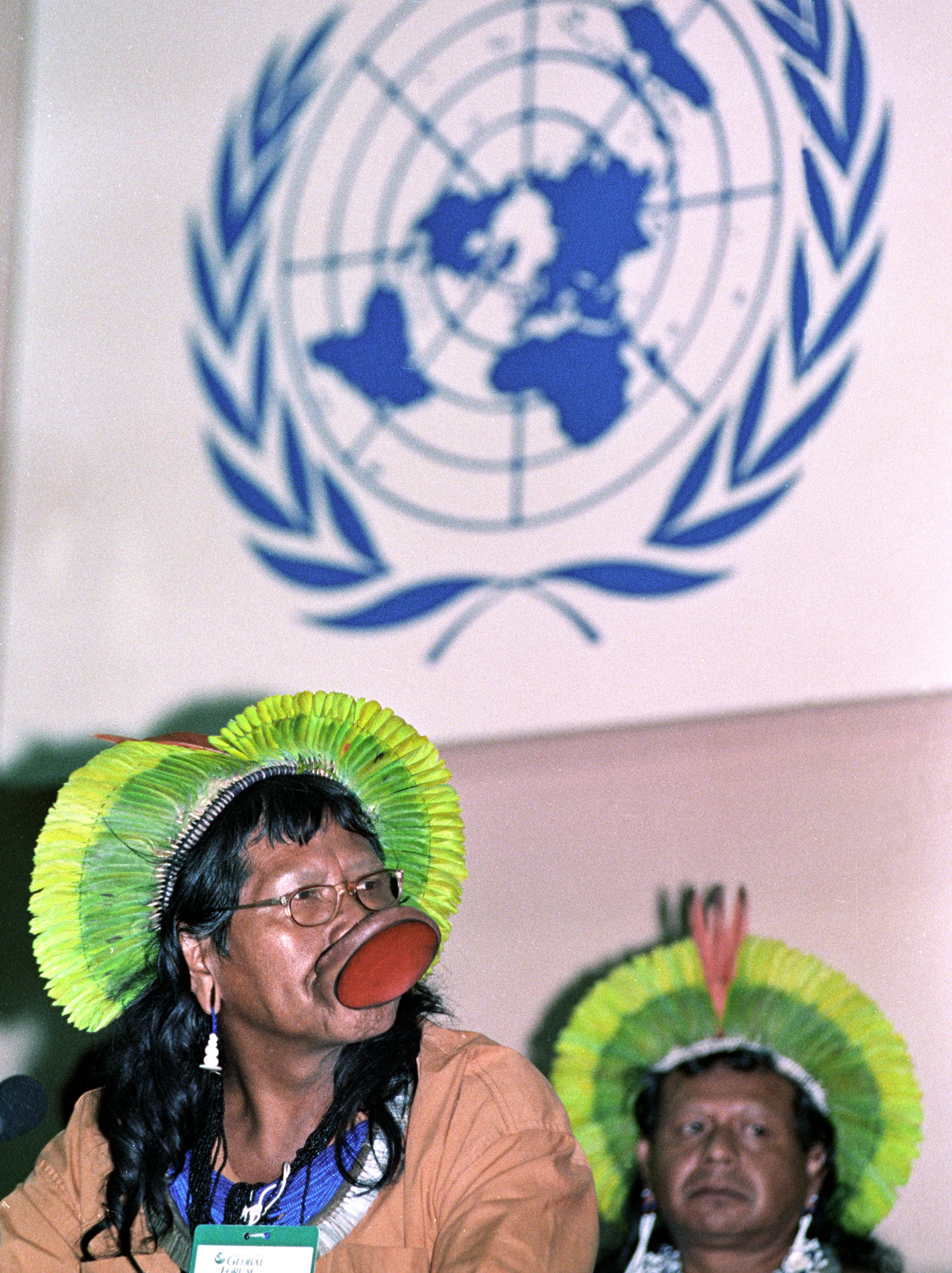New chemical controls agreed in Geneva

Five additional chemicals will be subject to international regulation following a summit on chemicals and hazardous waste held in Geneva, but bans and restrictions on asbestos and pesticides containing paraquat failed to garner enough support.
United Nations officials said Friday that production and use of hexabromocyclododecane (HBCD), a flame retardant, would be prohibited effective immediately, and export of four other chemicals – an insecticide (Azinphos-methyl), two flame retardants (PentaBDE and OctaBDE) and a fabric protector, PFOS – would be possible only if the recipient countries agreed in advance and were informed of the associated risks to health and the environment.
Attendees did not reach agreement on a ban of chrysotile asbestos despite calls from Swiss Environment Minister Doris Leuthard to outlaw it.
The conference also failed to add pesticides containing paraquat to the list of severely hazardous substances contained in the Rotterdam Convention on the Prior Informed Consent Procedure for Certain Hazardous Chemicals and Pesticides in International Trade, a result that Swiss non-governmental organisation Berne Declaration found disappointing.
“We thought governments would rapidly approve the listing of paraquat, considering that it met all Convention requirements,” said Francois Meienberg of the Swiss NGO in a statement.
“Unfortunately, industry deception and false arguments derailed the process and the inability to list the substance threatens the integrity of the Convention.”
Listing of a toxic paraquat formulation in the convention was blocked by Guatemala and India, according to a joint statement from the Berne Declaration, the Pesticide Action Network, IPEN and IUF.
The Basel firm Syngenta produces a Paraquat product called Gramoxone. According to the NGO statement, in El Salvador an average of 344 poisonings per year due to Gramoxone were reported from 2005 to 2010.
Ministers’ meeting
Leuthard was one of 85 ministers attending the ministerial section of the conference. The attendees adopted a “Geneva Declaration” which highlights their commitment to the effective management of chemicals and hazardous waste.
Addressing the ministers, Leuthard noted that Switzerland had learned from the past that prevention of disasters, such as the Schweizerhalle chemical disaster of 1986, is preferable to and more effective than their management.
Leuthard also said she welcomed the fact that Switzerland’s proposal to closely link the Stockholm Convention on Persistent Organic Pollutants, the Rotterdam Convention, and the Basel Convention on the Control of Transboundary Movements of Hazardous Wastes and Their Disposal came into effect in Geneva.
Since 2010, the three conventions have benefited from joint management, and the states approved a programme for the three conventions for the next two years.

In compliance with the JTI standards
More: SWI swissinfo.ch certified by the Journalism Trust Initiative



You can find an overview of ongoing debates with our journalists here. Please join us!
If you want to start a conversation about a topic raised in this article or want to report factual errors, email us at english@swissinfo.ch.